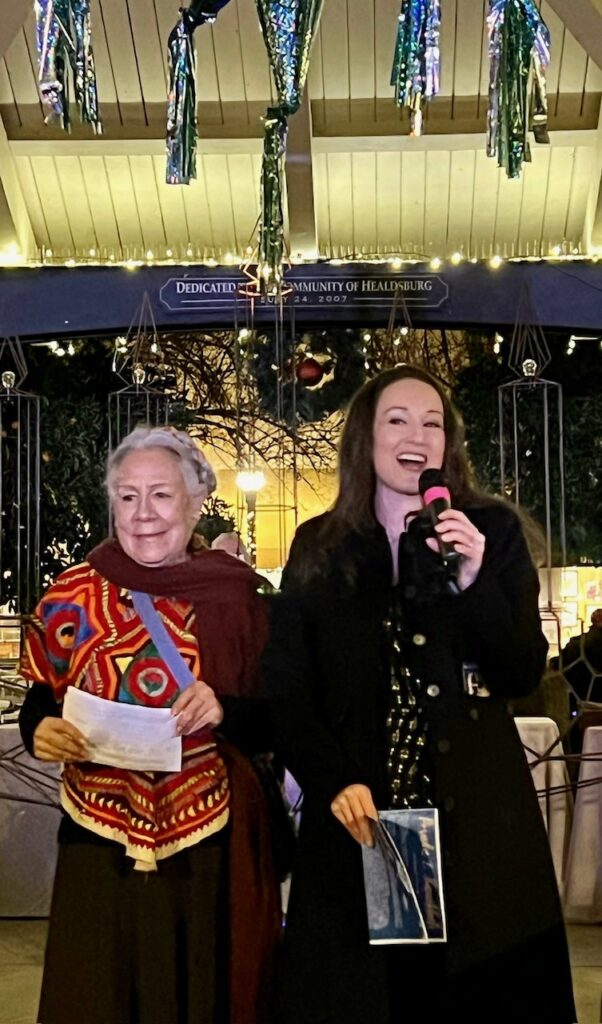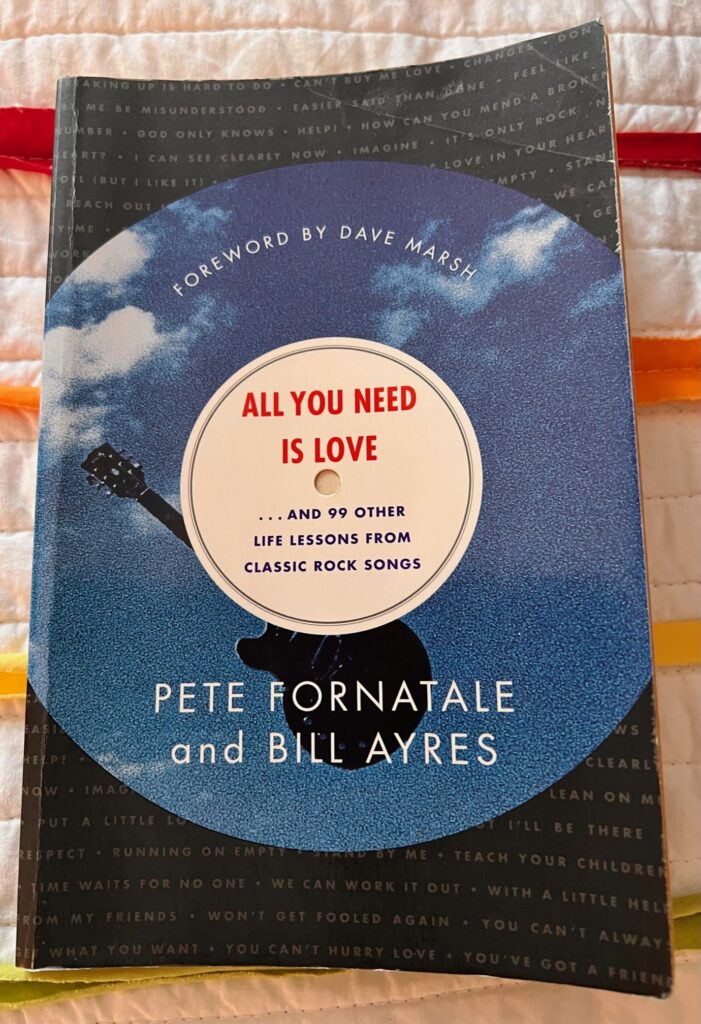
(Photo by Steve Villano, of the Statue of Sainte Jeanne D’Arc at the Cathedrale of Notre Dame de Paris, May, 2012, Paris, France.)
The 2024 Presidential Election ended this week, and a tough, intelligent, courageous, and persistent 80-year old woman pointed the way to dignity and victory. Like Sainte Jeanne D’Arc of France, E. Jean Carroll is our new national symbol of freedom and independence.
This lightening bolt for justice—the E. Jean Carroll defamation case against Donald Trump, a beast of modern times, gives hope to people being picked on around the world—and to Democrats, if they are paying attention–how pure guts, a steel spine, persistence, and an unshakeable determination to never back down in the face of pure evil, will triumph.
This brave woman–sexually assaulted, abused and libeled on a huge scale by former President Donald Trump–beat the lawless sexual abuser, liar, convicted libeler, and fraud on his newest preferred campaign turf: the Courthouse. Today, she stands astride him, sword of justice pointing toward the heavens, our new national shero. Oh, how Trump’s maggot supporters will despise the use of that term.
Trump never really saw Jean D’ Carroll’s slaying strikes coming, since she had a few time-tested weapons on her side whose existence Trump has never recognized: the law, and the truth. In short, she and her kick-ass team of attorneys led by Roberta Kaplan, took no shit, which, in the end, is all Trump really is.
Acting more like Oliver Sacks’ The Man Who Mistook His Wife for a Hat, Trump–who mistook E. Jean Carroll for his–also mistook his own lies for the truth.
That approach may work at MAGA cult covens, or when dining on the world’s “best” cake at Mar-A-Lago, but not before a real, live judge and jury. When Trump whines that “the courts are out of control,” what he means is that they are out of his control— precisely how a legal system in a democracy should work.
Outraged that he lost a $5 million sexual abuse and libel case to Carroll last year, Trump—never a financial nor legal genius— decided to double-down, multiplying his initial loss nearly 18 times (to a total of $88 million) by seeking “retribution” against his sex abuse victim in print, at his MAGA mosh pits, and on national television. The crapulent, spoiled brat, chauffered to private school in his mother’s rose-colored Rolls Royce, just couldn’t stand the fact that years after he physically and emotionally abused her, Carroll–refusing to bow before him–continued to wield her sword of truth and the law against him, over and over again in Court. Each new Trump lie became a new cause of action.
There are historic implications for this case, which will, open the floodgates in the other pending civil and criminal cases against Trump. Courage begets courage.
With a mostly white, mostly male, mostly middle-class jury finding that for repeatedly lying about the sexual assault Trump was found guilty of committing, and for incessantly smearing the name and reputation of his victim, Donald Trump deserved extraordinary—and swift—punishment. The sword of justice struck a blow for fairness and decency.
In short, the jury of average American citizens spoke with a unanimous, strong & clear voice in its’ $65 million punitive damages award, that “no man is above the law, nor does a sitting or former President have immunity from such actions.” To underscore the message this jury was sending to Trump and monsters like him, the more the former President abused his power and libeled the woman he sexually abused, the more he would be punished. The bellicose bully would, at last, be held accountable.
The jury from urban and suburban counties in and around NYC, where Trump was born, refused to be intimidated by the threats of violence by Trump’s deranged supporters. Neither was the courageous E. Jean Carroll—whose name, unlike the jurors’, could not be kept secret—and who received numerous death threats over several years.
In Mary L. Trump’s Substack column on the day of the verdict in the Carroll case, Trump’s niece, a clinical psychologist, wrote:
“Donald is someone who has gone through his entire life without facing consequences—and I believe he thinks he can get away with everything. Today, that changed. It was one of the first times Donald has been made to answer for his egregious behavior.”
It will not be the last, especially with so many Trump trials coming to fruition over the next few months. If one, 80-year old woman’s persistence for justice can make Trump pay severely for the horrendous consequences of his actions, what kind of inspiring incentive does that verdict give Special Counsel Jack Smith, and Prosecutors like NYS Attorney General Tish James, and Fulton County DA Fani Willis? In those cases, there are tens of millions of victims.
One of the most sweeping statements which puts the Carroll verdict in context for Trump’s upcoming trials and for the Elections of 2024, came from one of Carroll’s attorneys, Shawn Crowley, to MSNBC, on the day of the jury’s decision:
“I believe very strongly after today, that the lesson is that actually, no one is above the law. And, that your behavior, and your statements, and your threats and your lies are gonna catch up to you someday.”
Someday for Trump, was January 26, 2024; we know it, and he knows it.
But, it was E. Jean Carroll herself, radiant in victory, head held high in the glow of justice achieved, who perfectly articulated the call to action for women just like her, and millions of others fed up with being abused by well-connected, people in power, and the cages those ghouls construct to rob humans of fundamental rights:
“ This is a great victory for every woman who stands up when she’s been knocked down, and a huge defeat for every bully who has tried to keep women down.”
THIS is the battle cry for the 2024 Elections, for American women and men who care about the Rule of Law, and the dignity, personal rights and freedoms, of every human being.
Carroll’s clarion call for justice is already reverberating across the country with women of all ages, who know what’s at stake in 2024, and whose personal freedom to control what happens to their own bodies was ripped away by religious and political extremists, like Trump and his MAGA cult.
Donald Trump’s devastating defeat by freedom’s fearless “saint” Jean D’ Carroll and her formidable phalanx of female legal fighters, may look largely financial, for now.
But don’t be fooled by appearances. When the sword of justice is unsheathed, it’s light and power will change the world.





